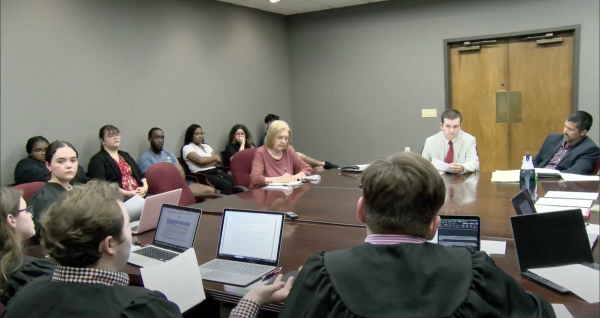Complaining on social media isn’t effective
Thanks to technological advances, complaining about life’s problems has become easier than ever before, but there’s a point when complaining on social media sites and the internet isn’t enough to solve those problems.
College students are notorious for airing their grievances on social media. Mad that a teacher didn’t accept your excuse for missing a test? Take to Twitter. Upset about the Wi-Fi on campus? Post a Yik-Yak about it. However, there’s only certain things that can be done from anonymous posts or posts on social media that no one in charge could handle without knowing if the problems are even real.
These days it’s easy to tell your problems to the world, expect action and not follow through with ensuring the problem is handled. It would also be easy to say this is a problem only associated with younger generations, but even baby boomers and pensioners are taking to Facebook and the like to complain about services or businesses that were not to their liking.
The spiral of silence is also very real. An Aug 2014 study by the Pew Research Center showed that even on social media platforms, only 42 percent of Facebook and Twitter users were willing to discuss issues on social media if they didn’t think the issues were in line with popular opinions.
Knowing this, it’s less likely for people to air their problems to the public if they don’t think they will be accepted by others.
At the same time, an evolve24 and Maritz Research Company study of companies’ interactions on Twitter showed that only 29 percent of 1,298 gripes posted to Twitter were replied to by the company in question. It’s much harder to ignore someone who is standing directly in front of you.
However, we live in a world where information can be spread quickly. It doesn’t take but a few key strokes to get an entire group of people discussing one thing or another. At the same time, it’s important to remember that this is only the first step to problem-solving.
It is well-documented that people are more comfortable expressing themselves when behind a computer screen, but to truly handle a problem, sometimes it takes a face-to-face meeting with the people who can actually solve that problem for you.











![Nicholls Garrett Felix [#6] advances to first base after drawing a walk against Louisiana on April 2.](https://thenichollsworth.com/wp-content/uploads/2024/04/FelixWalk-at-UL-600x400.jpg)


